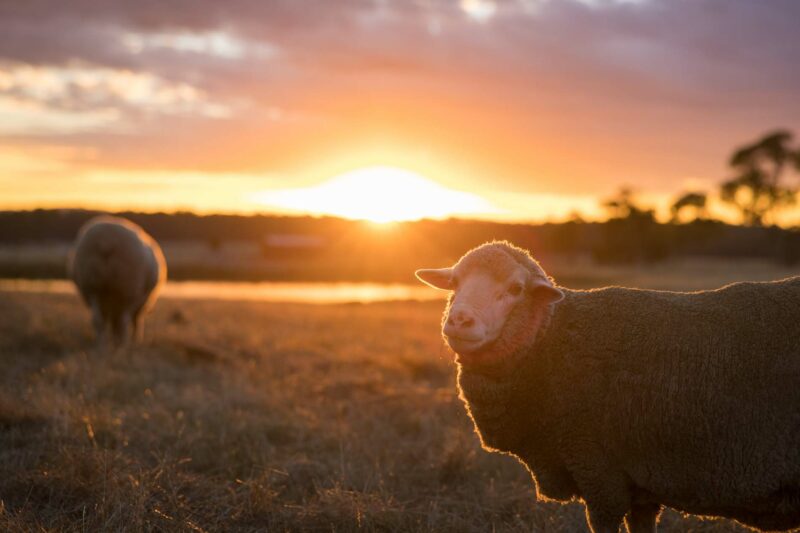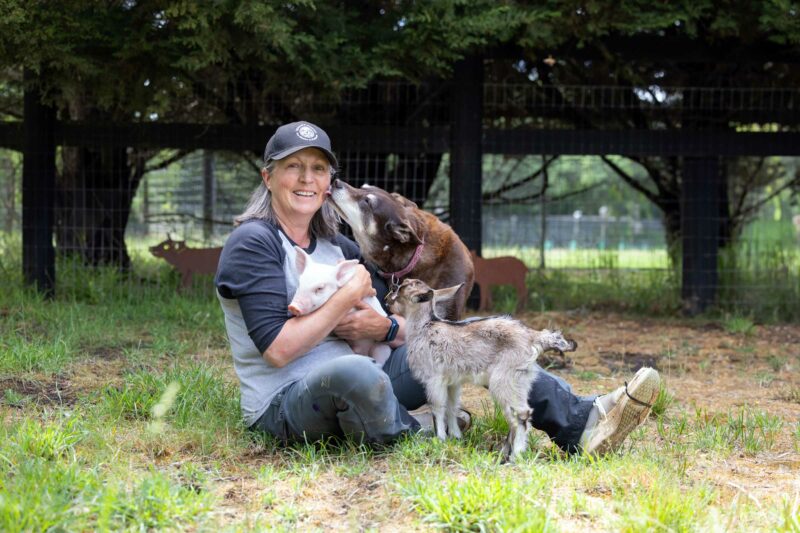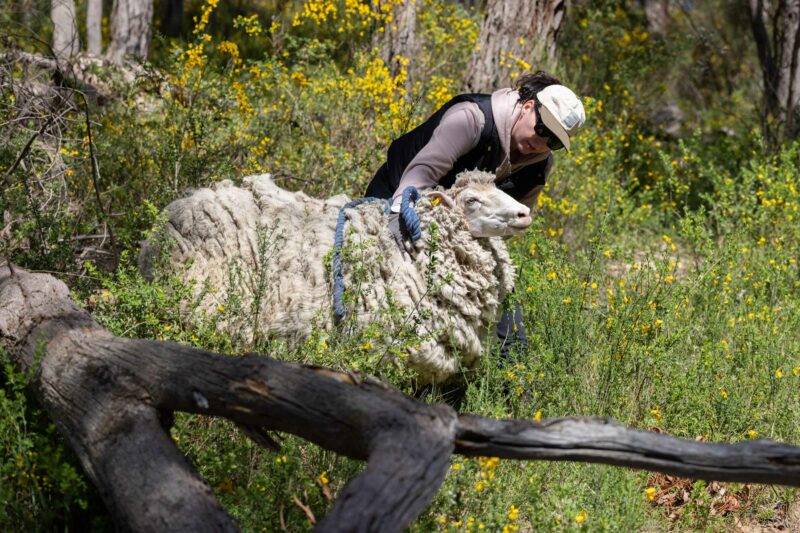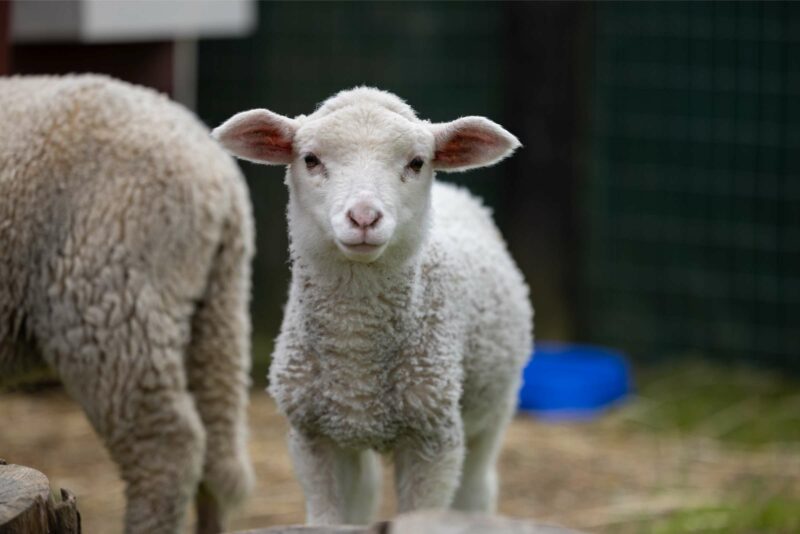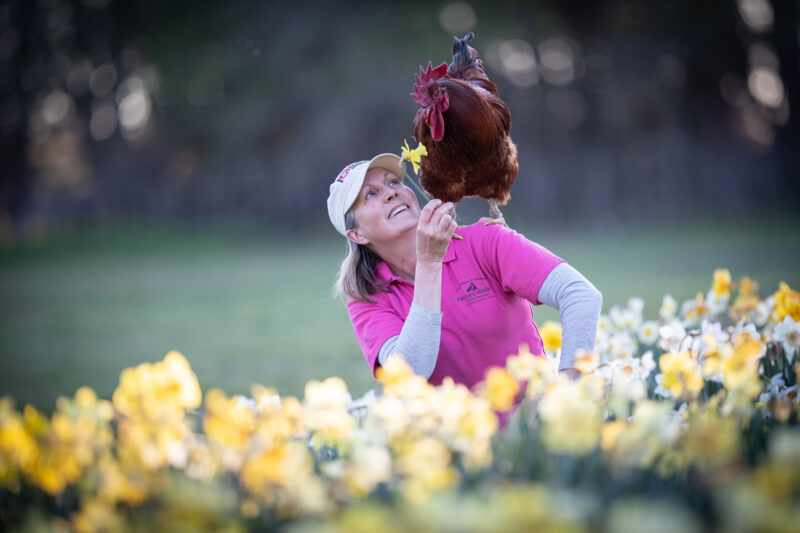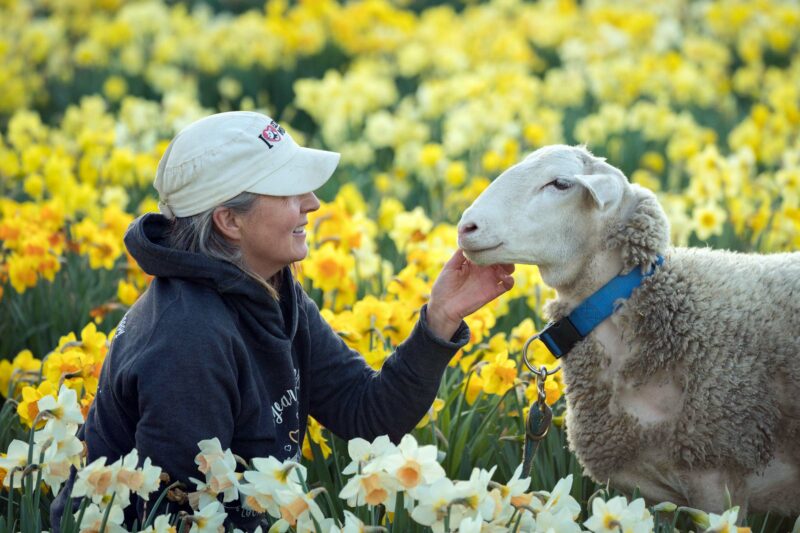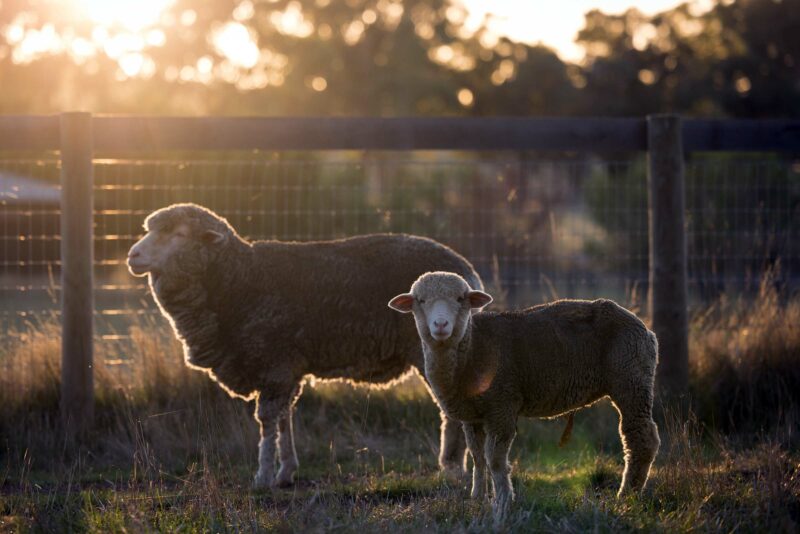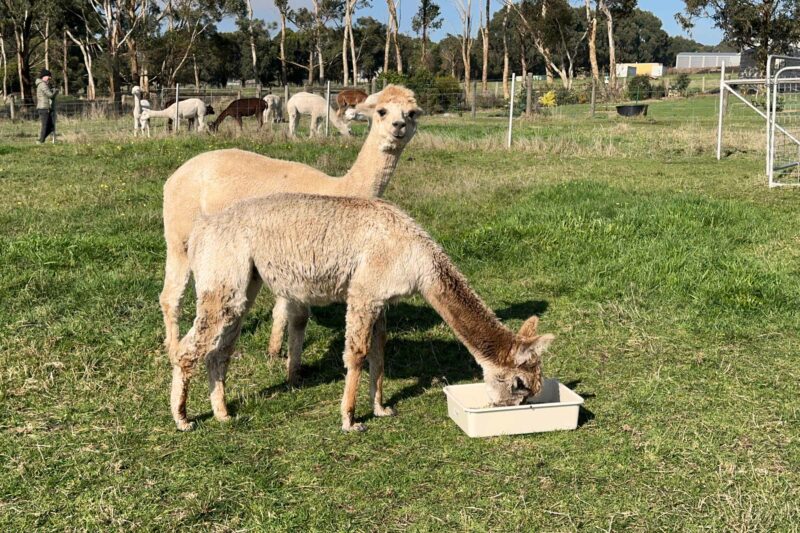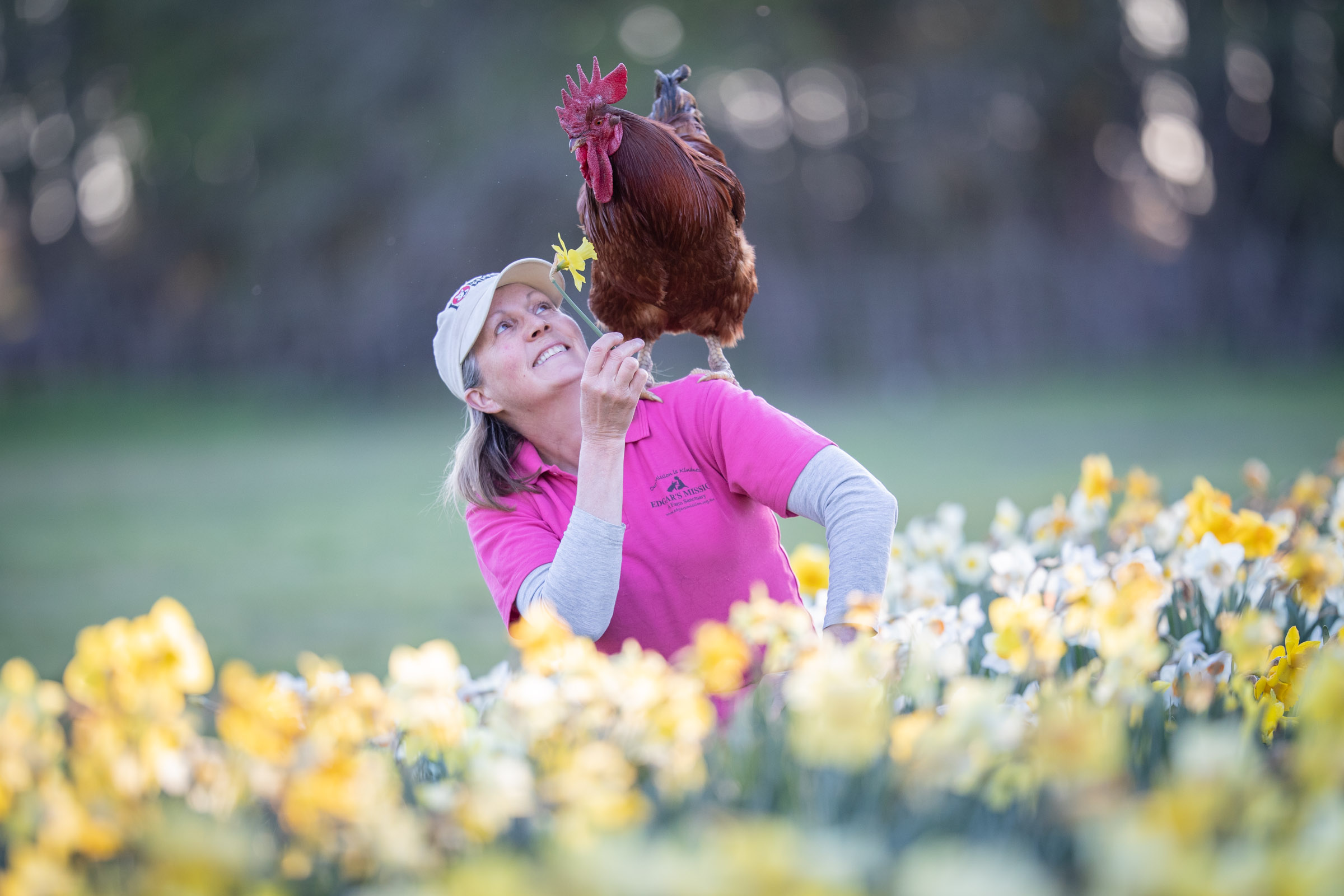
Sometimes I feel like a responder on the end of a lifeline call as I try to engage the caller to stay on the line as long as possible and not hang up. Today was one of them. The caller’s question was, “Can you take my rooster?” ‒ surprisingly it had gotten to 2 pm and this was the first call of this nature for the day. Generally, our days can be measured by the number of “Can you take my rooster?” calls.
As I listened patiently while the caller relayed the circumstance of the hapless animal, I was struck yet again by how vulnerable animals have become in our society, and how disposable so many see them to be. This time the rooster had been purchased, along with several other chicks, from a poultry company, for the purposes of the birds laying eggs to be taken for human consumption. (Although, strictly, no, hens do not lay eggs for humans – if only things were that simple.)
“Regrettably”, I was told, the chicken had turned into a rooster and council regulations prohibited the keeping of roosters in that locality. I often wonder how convenient that regulation is, as it so often seems proffered as a way to shirk one’s responsibility. Granted, there are a great number of callers completely distressed about such local government legislation, which forces the separation of the animal from the humans who have come to love them very much. Reason aside, a life sits in the balance.
Generally, I will ask the animal’s name, how old they are and the circumstance by which they came to be. Basically, this boils down to one of two reasons. One scenario is the above. The second is from a chick hatching program*, more often than not at a school or kindergarten, but sadly we are learning these archaic activities have spread their insidious tentacles to aged care facilities and even shopping malls.
Promising to offer suggestions for the rehoming of the bird, I ask for the caller’s indulgence as I explain our position and reason why the animal cannot be given sanctuary at Edgar’s Mission. Roosters, unlike other farmed animals, cannot be easily castrated; in fact it is nigh impossible and life-threateningly dangerous to attempt to do so, as their testicles are housed well within the body and perilously close to the heart. Accommodating multiple roosters together, although not impossible (we do manage several groups of roosters here at EM), is fraught with challenges, including the odd cockfight and grazed human shins, and you simply cannot keep adding and adding to the mix. Each time we take in a rooster, or any other animal for that matter, we have to spread our care and kindness just that little bit more.
Largely, by this point, I still have the caller with me, but then things can start to turn tricky as I explain the laws of nature, which dictate that around 50% of hatchlings are male and 50% are female. We, or rather agricultural science, cannot (at this point) get around this. I ask the caller to consider that if every male puppy or every male kitten were to be killed simply because of their gender, our society would not tolerate it ‒ it simply would never happen. The caller generally agrees with the preposterousness of the idea. I then lead with the analogy that if, by purchasing a cute kitty or pooch, another equally cute one, albeit of a different gender, would be killed, they agree, “Well that too would never happen”. Yet this is exactly what happens, I gently explain, when one purchases young chicks for the purposes of laying hens for the backyard. And in the case of hatching programs, at the program’s end, the fluffy chicks are commonly divvied up and sent to suburban hearts and homes, where the laws of nature are vocally etched out some 4‒5 months later as the roosters mature.
The caller in this instance became quite incensed, informing me that she had a degree in agriculture. She failed to grasp the fact that while the poultry company sexes the chickens prior to sale as best they can, every now and then, one will get under the radar (so to speak). And although she may have purchased six hens, that didn’t mean she got lucky, it means she simply didn’t see the other six roosters who had been condemned to death by her purchase, or in her case one of those sweet boys had somehow managed to slip under the radar. These calls are never easy, yet always delivered with compassion and non-judgement, because change will not come about through ridicule or harsh words. Change, for permanency, must be voluntary, and will only come about when the heart connects with head, and the caller doesn’t hang up.** However, sometimes creating this can be as hard as, well, rehoming a rooster.
We can choose to ignore their suffering for our own convenience, taste or pleasure, or through them we can find our most noble of qualities: those of compassion, mercy, selflessness and kindness. Through eavesdropping on their lives, one can be privy to their rich mental and emotional worlds, worlds of joy and pleasure, anger and surprise, impatience or boredom, of friendships and foes, of fear and pain, of preferences and choosing. And there is no doubt these animals are well capable of making choices, and given the chance, if they were able to make their own choices about their lives, they would be largely different from the ones society casts them to.
Roosters are indeed magical animals, each a precious and unique feathered wonder ‒ even the grumpy ones at war with your shins. It is through listening with our hearts we will find that there is more that unites us with them and all animals than divides us, and in doing so we’ll be guided to a kinder world for all. When we desensitise ourselves to their suffering and pain, a little bit of our heart begins to die, and that is never going to end well for anyone. So please, next time you see an animal, stop for moment, drink in the silence, and listen. Remember, it’s best done so with your heart. Never hang up on it, for it’s speaking to you all the time.
Footnote to this story
*Chicken hatching programs see companies hire out incubators and sell fertilised eggs for the purposes of viewing the hatching of the chicks.
**Sadly, the caller did hang up on me, but I pray I may have spoken just enough to her heart that down the track she pauses to listen.
Edgar’s Mission offers a free Facebook page for the purposes of rehoming owned farmed animals one can no longer care for or accommodate.


